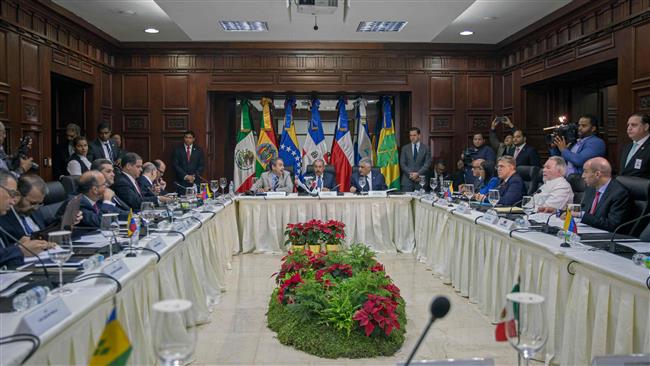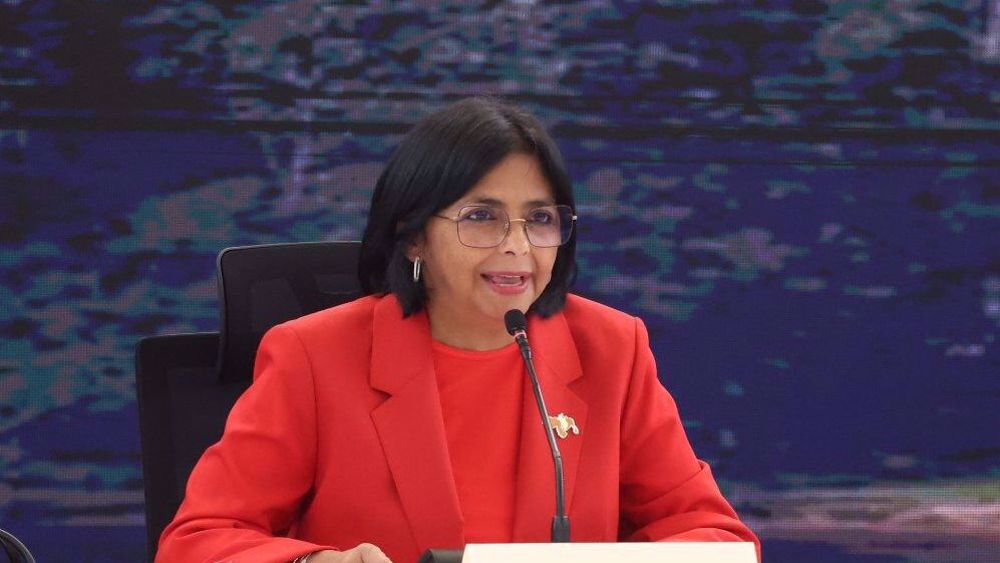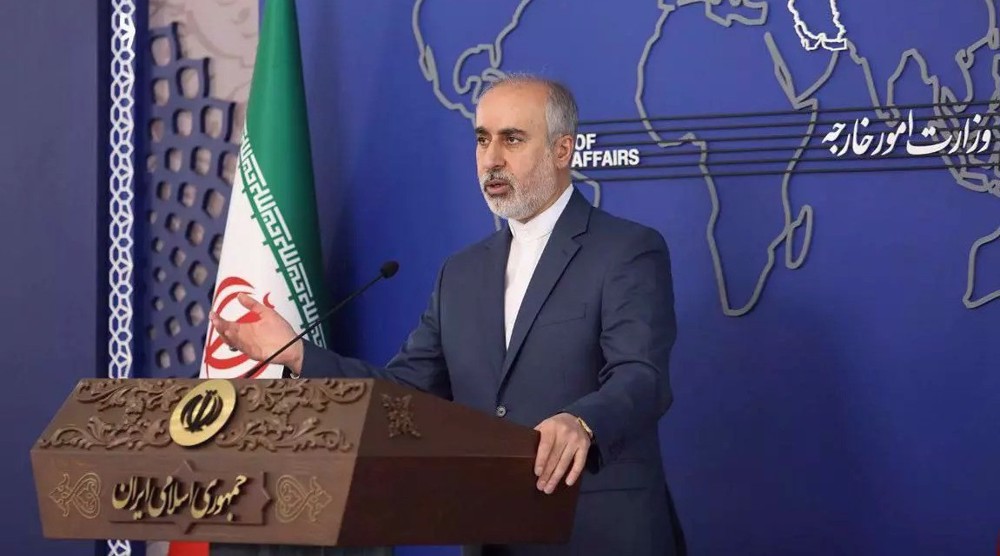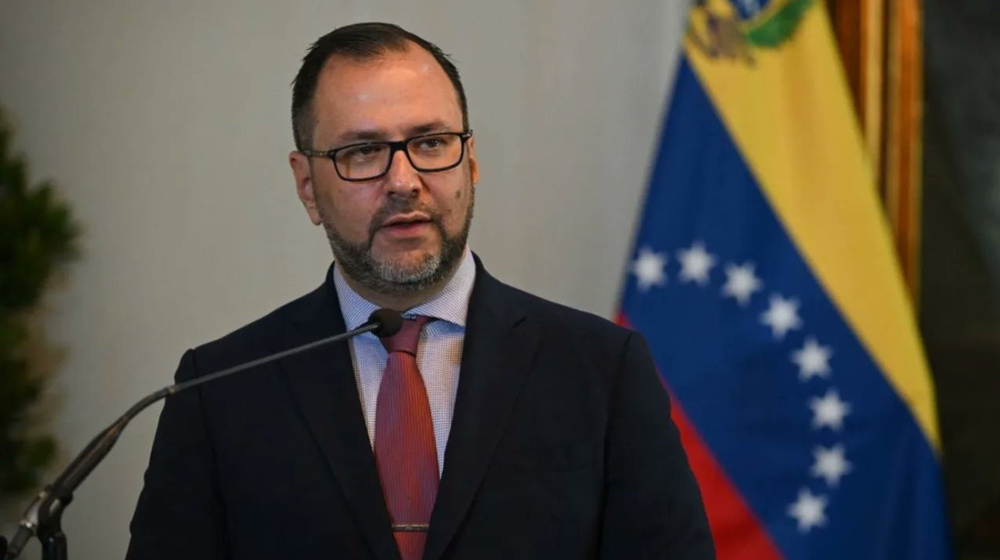Venezuelan government, opposition resume crisis talks in Dominican
Representatives of the Venezuelan government and opposition coalition have begun a new round of talks aimed at resolving the country’s political and economic crises.
President Nicolas Maduro’s leftist government held preliminary meetings in the Dominican Republic on Friday, with foreign ministers from Latin American countries acting as mediators in the talks.
Food and medicine shortages as well as the upcoming elections were among the opposition coalition’s main concerns.
Dominican President Danilo Medina, who is hosting the two-day talks ending on December 2, said he expects “good will” for the discussions to yield positive results, adding, “This is not a dialog, but a negotiation. We hope that we can get something important.”
The Democratic Union Roundtable (MUD) coalition is demanding that a “humanitarian corridor” be opened to allow imports of desperately needed food and medicines into the South American country.

The opposition also calls for a guarantee of free and fair presidential elections next year.
“We are determined to fight for the basic rights of Venezuelans, the right to health, the right to food, the right to vote, the right to democracy,” MUD delegate leader Julio Borges told journalists in Santo Domingo, the capital of the Dominican Republic.
Caracas, however, has called on the opposition to work for the lifting of US sanctions which prohibit government officials and entities from negotiating new debt deals with Washington. Venezuela’s foreign debt amounts to an estimated 150 billion dollars.
The MUD has also invited Mexico and Chile to the meetings along with Bolivia and Nicaragua regarded as Maduro’s allies.
Previous talks hosted by the Dominican Republic have failed to take the negotiations beyond preliminary discussions.
In the October 15 regional elections, Venezuela’s Socialist Party of Maduro won 18 of the 23 governorships in the country and the opposition Democratic Union Roundtable (MUD) managed to grab only five.
The opposition coalition refused to recognize the results and alleged that there had been irregularities in the voting process.

The Latin American country was the scene of months-long opposition protests earlier this year.
The unrest left at least 125 people from both camps dead and hundreds of others injured. The violence also led to thousands of arrests and caused widespread property destruction across the country, which is grappling with an economic crisis.
The socialist president has repeatedly accused the Venezuelan opposition of planning a “coup d’état” with the help of Washington.
Maduro has slammed the US and its regional allies for fueling recent political tensions gripping Venezuela by openly siding with the opposition.
Hamas warns Israel: Your captives may return to you as corpses
VIDEO | Gruesome carnage in Rafah
VIDEO | Demonstration in support of Gaza gets underway in Paris
Israelis’ senseless killing of Rafah children must stop: UNICEF
VIDEO | 'We're all Palestinians, we're all Gazans': Peaceful march in Dakar
Israeli forces kill Egyptian security guard on Gaza border
Biden must stop arming Israel after seeing apocalyptic scenes in Rafah: CAIR
Yemen hits cargo vessels, warships in Red Sea and Indian Ocean










 This makes it easy to access the Press TV website
This makes it easy to access the Press TV website